

performance in your industry.
RPA for Industries
Watch Demonstration
RPA in Education
RPA can help transform the educational sector by ensuring a bright future for students and a healthier work environment for teachers. RPA helps improve the student experience and reduces.
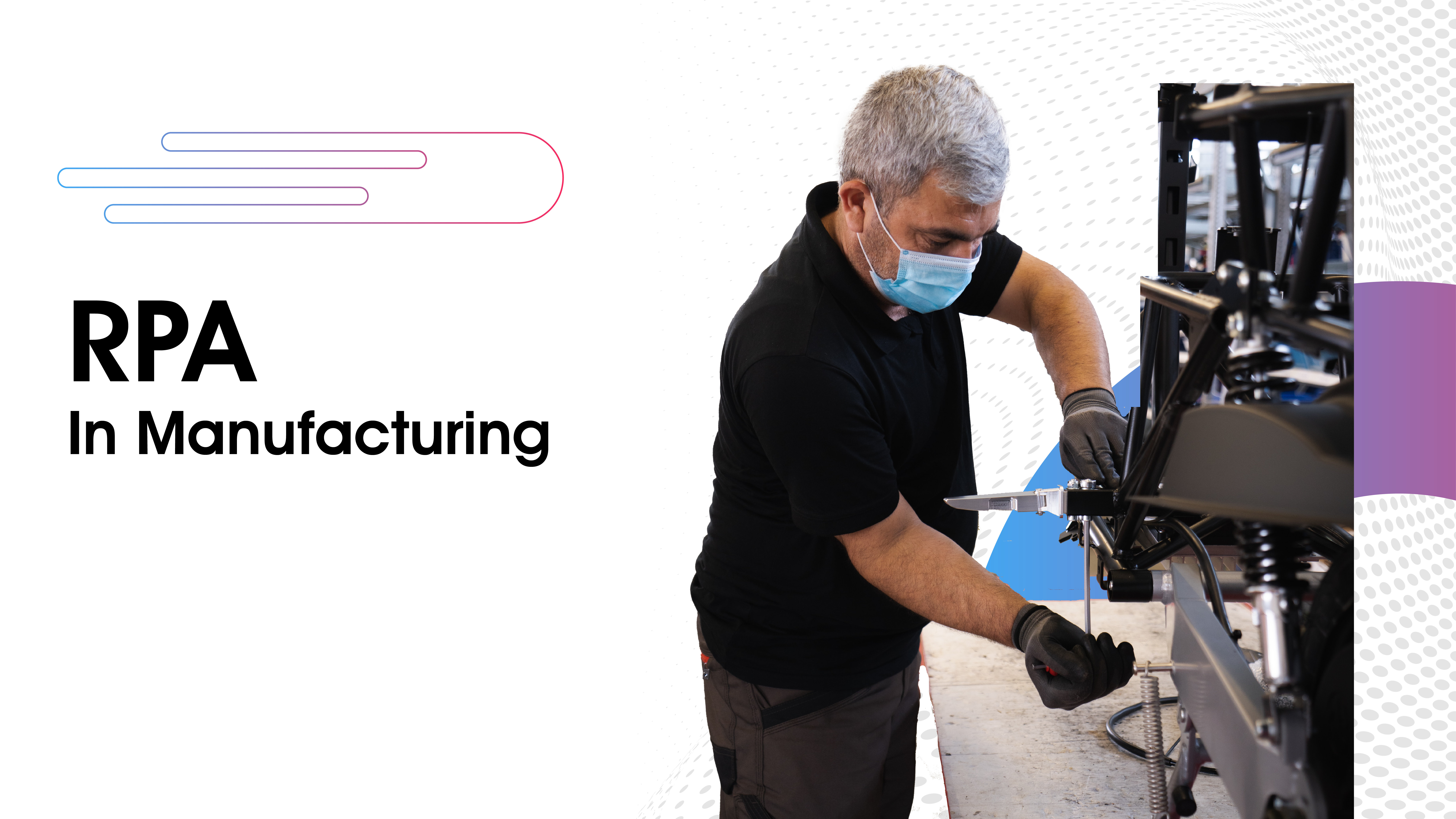
RPA in Manufacturing
Physical robots have been in use in the manufacturing sector for decades. As businesses expand, back-office tasks become increasingly complex, repetitive, and time-consuming. With so many processes,
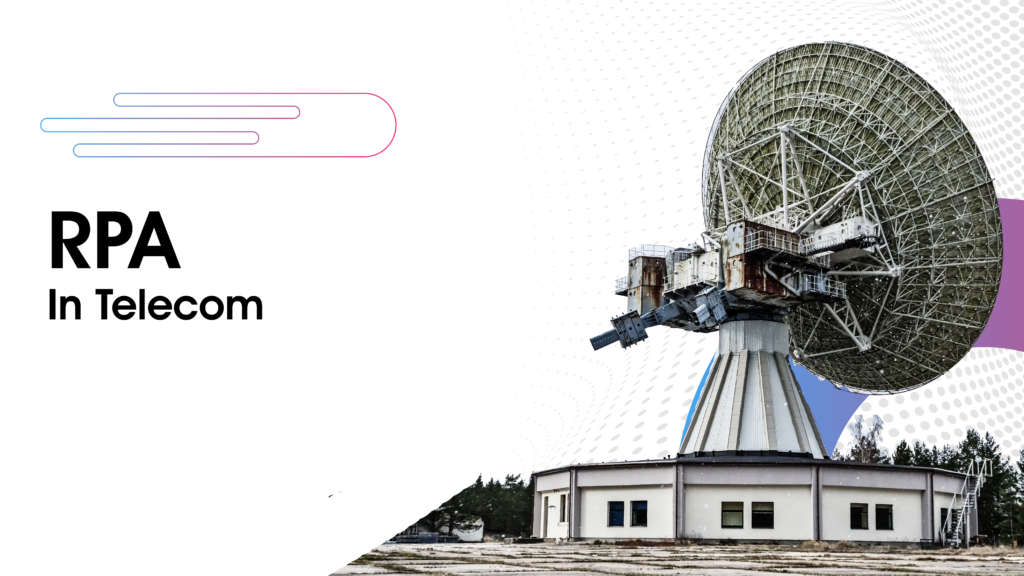
RPA in Telecom
The telecom sector is no stranger to challenges or difficulties. With the increasing demand for improved coverage, more bandwidth, and higher speeds, the telecom sector cannot afford a slip-up.

RPA in Insurance
Robotic process automation (RPA) in the insurance industry is inevitable given the never-ending repetitive and resource-intensive tasks.

RPA in Health Care
Healthcare systems worldwide are continuously criticised for the falling standard of care, long waiting times, negligence, and rising costs. Ultimately,
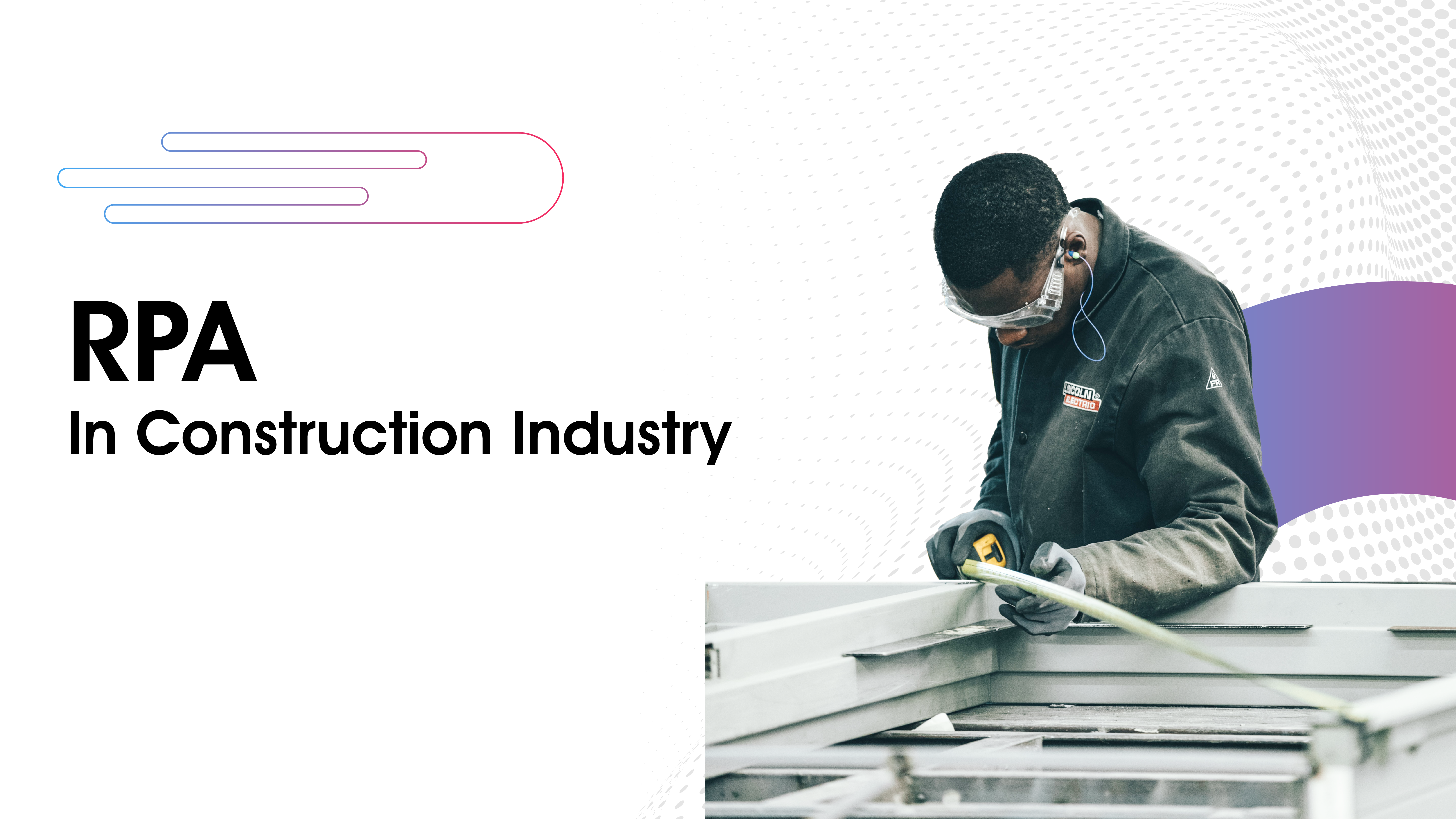
RPA in Construction Industry
The construction industry is a pillar of economic growth globally, contributing a significant amount to a country’s gross domestic product (GDP).
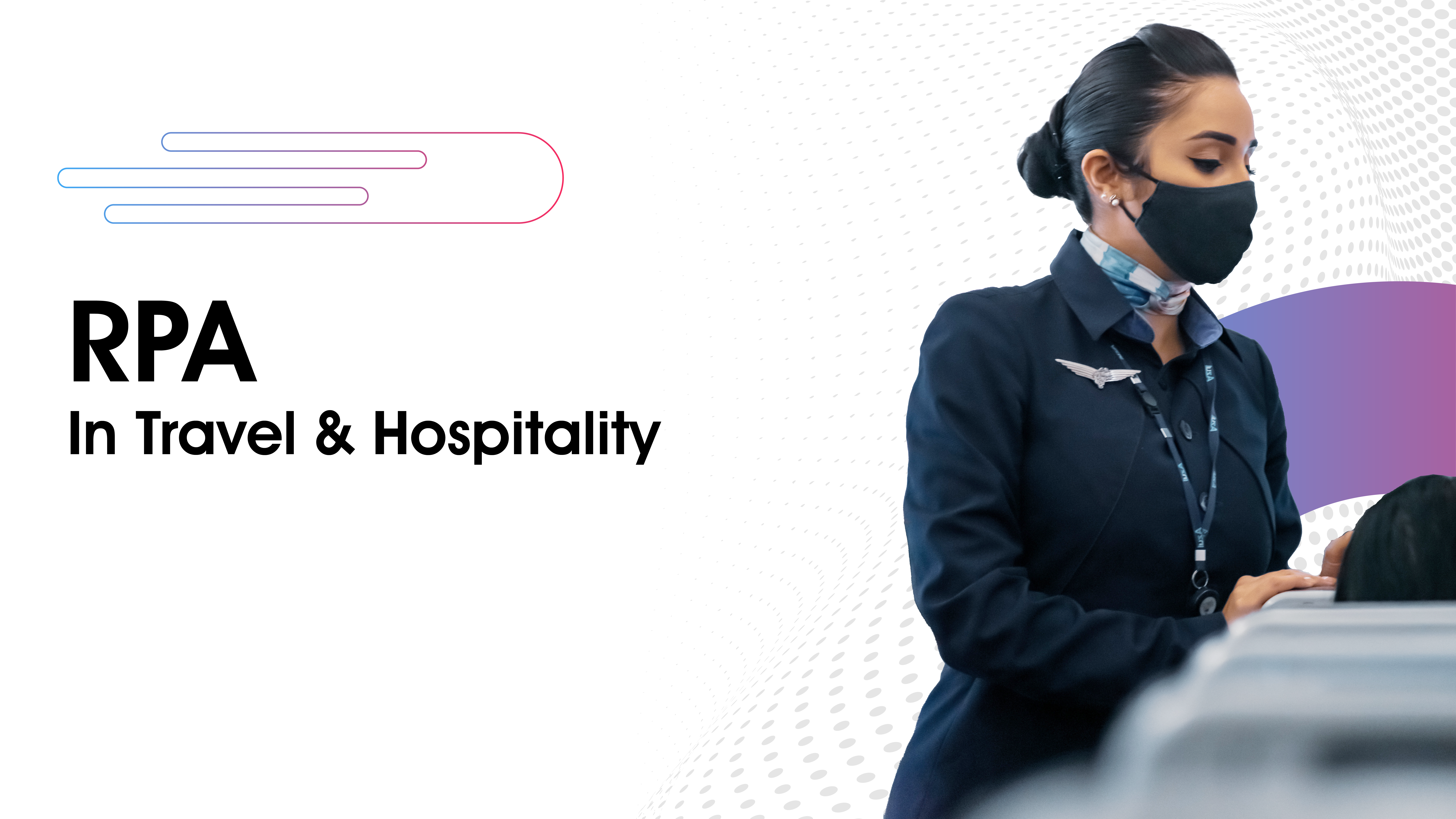
RPA in travel & Hospitality
The travel and hospitality industry sees a lot of demand. To meet this demand effectively, travel and hospitality businesses undertake considerable back-end processes, manual data entry, and.
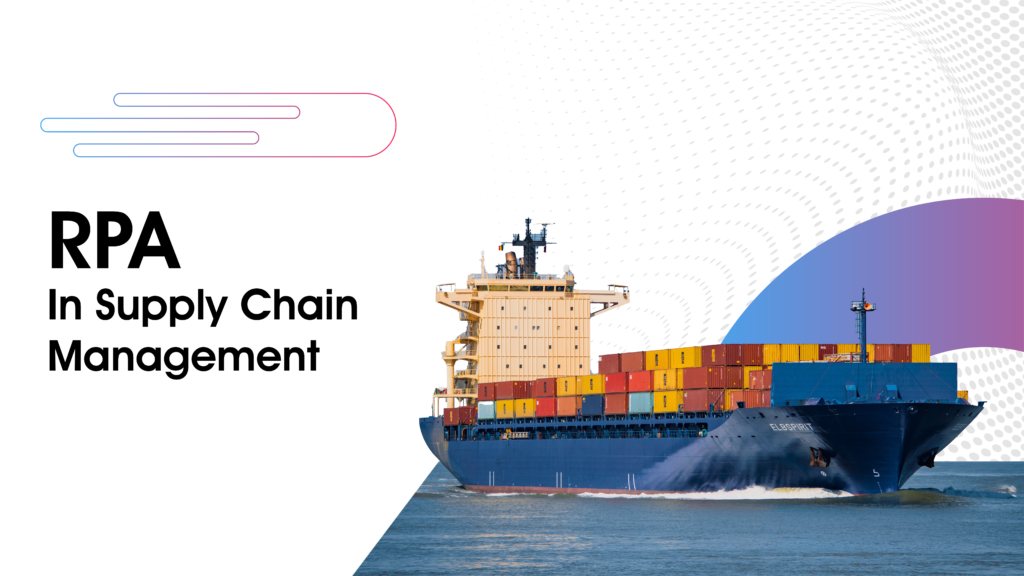
RPA in Supply Chain Management
Despite technological advancements, supply chain management remains more challenging and complex than ever. One reason is that it involves countless processes that are interconnected. An issue.

RPA in Retail
Retail is the final step in a product’s supply chain. To reach this step, businesses undertake complex processes ranging from inventory management to store planning to customer support.

RPA in Mortgage Industry
The mortgage industry is highly process driven. A failure to adopt a single process can result in regulatory action, leading to a large fine. At the same time, the industry must manage customer expectations.
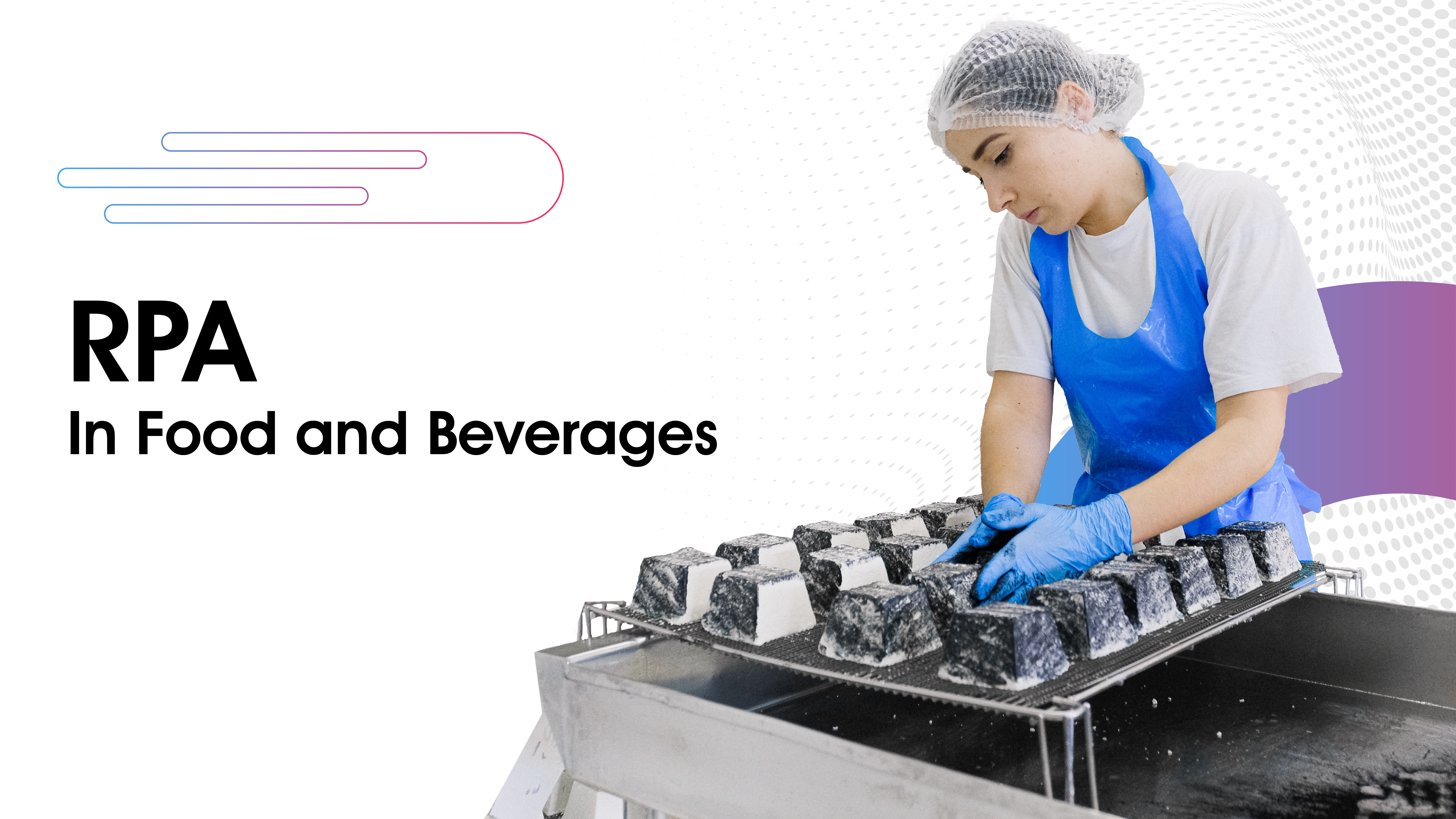
RPA in Food & Beverages
The food and beverages (F&B) industry is rife with multiple challenges on all fronts. Whether it is the back-office tasks, materials sourcing, or ensuring that clients have enough products to meet customer.
